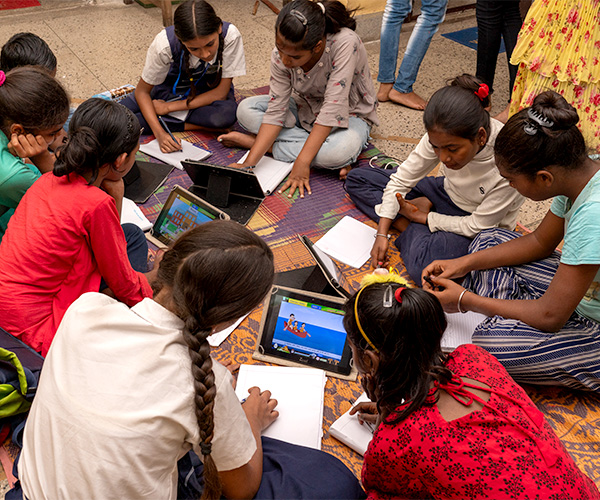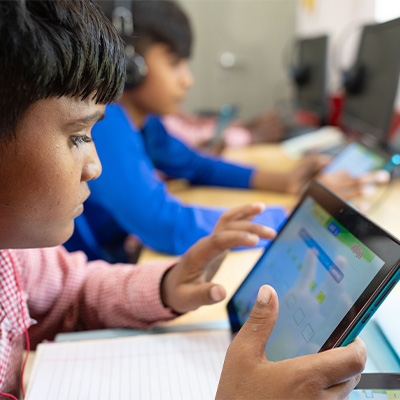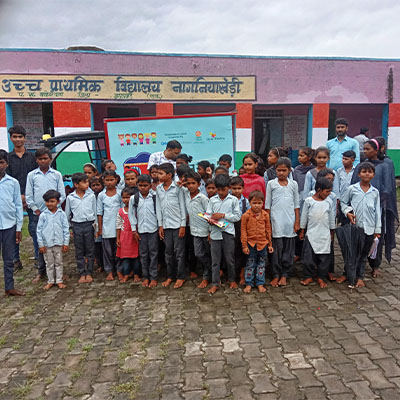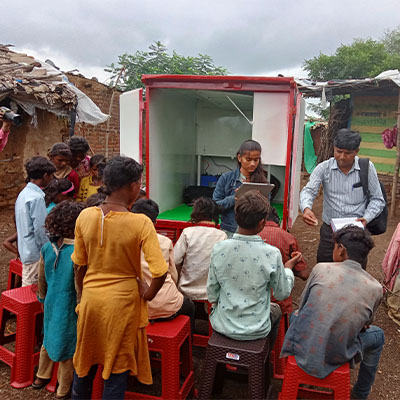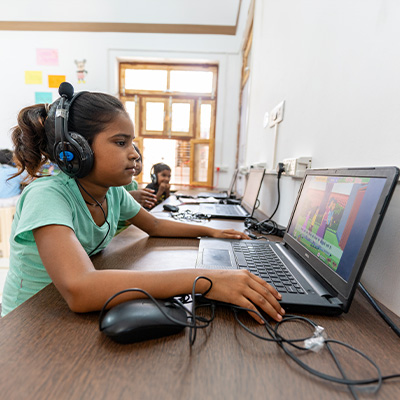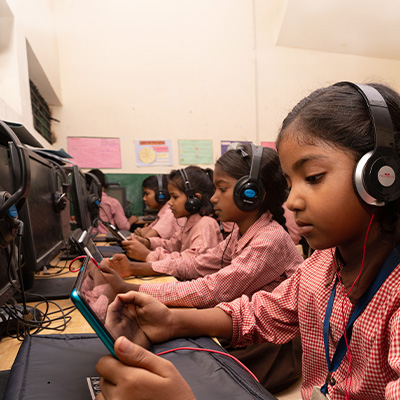Revolutionizing Learning, Empowering Generations
Since its inception in 2009, Project GyanTantra has been at the heart of Literacy India’s mission to democratize education. Inaugurated by the late, celebrated actor Shri Farookh Shaikh and supported by industry stalwarts Aamir Khan and Raj Kumar Hirani, GyanTantra stands as a beacon of transformative learning for underserved communities.
A core program operating across Literacy India’s Pathshala centers, Vidyapeeth initiatives, government schools, and in collaboration with partner nonprofits, GyanTantra combines innovation with inclusivity. Its mission: to deliver quality education that is accessible, adaptable, and impactful.
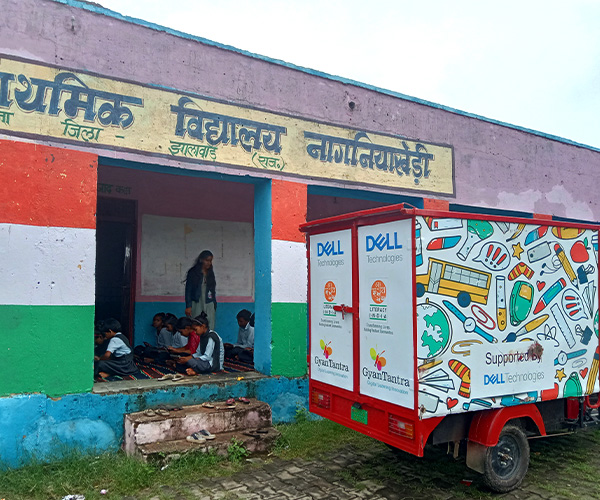
GyanTantra was designed to tackle systemic gaps in education—especially for children at the bottom of the socio-economic pyramid. By leveraging technology, it creates a customized, learner-centric approach, bridging the gap between traditional and modern education.
Through its implementation across diverse platforms, GyanTantra:
